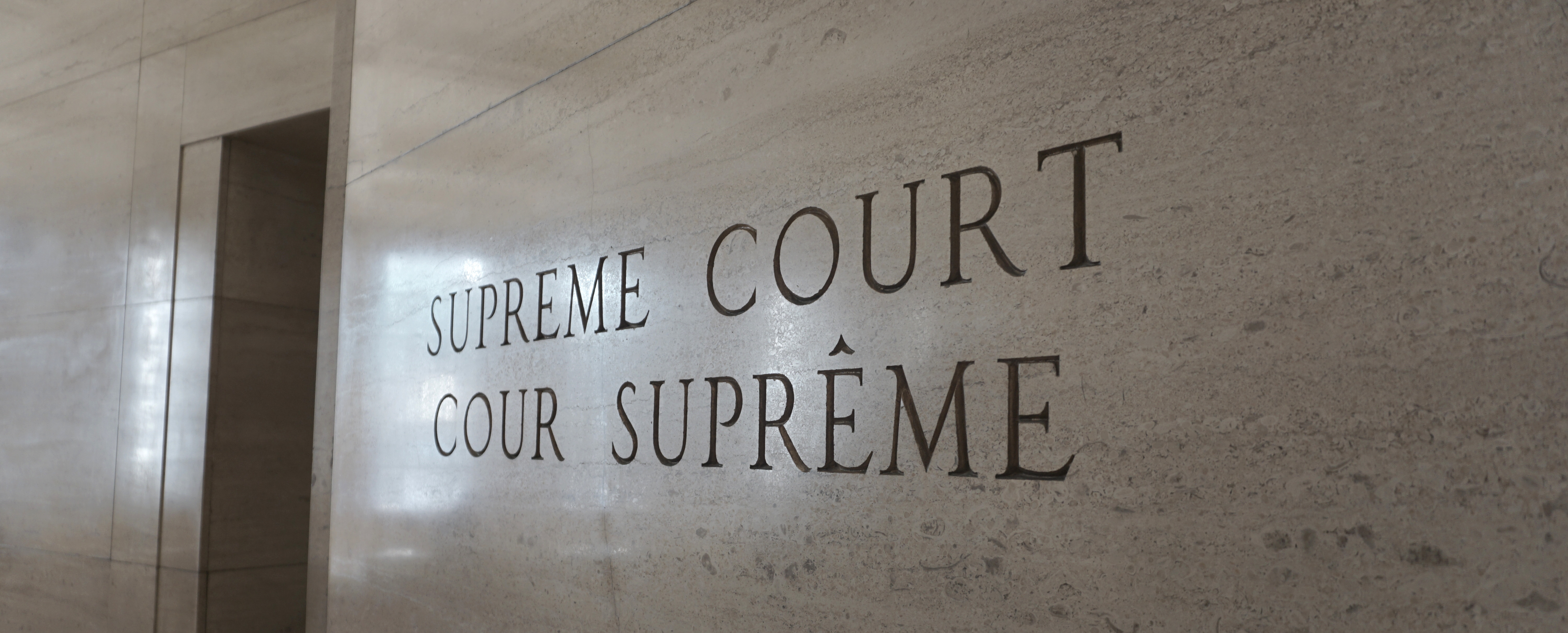Keely Cameron explains why taking the Redwater Energy case to the supreme court matters
Alberta - July 09, 2018
In May 2016, the Court of Queen’s Bench of Alberta decided against the AER and the Orphan Well Association (OWA) in a case that has had widespread implications on our energy industry.
The Redwater decision, as it’s come to be known, allowed the receiver that was managing the insolvent company’s affairs to walk away from oil and gas wells, pipelines, and facilities that were no longer productive. This despite Alberta legislation that forbids leaving a mess behind for others to clean up.
According to the AER, the decision hinders Alberta’s constitutional right to properly regulate its own resources. It also affects all industries and regulators in all provinces.
After losing in the Alberta Court of Appeal in a 2-1 decision, the AER and the OWA continued their fight at the Supreme Court of Canada in February 2018. Leading the charge for the AER were lawyers Patricia Johnston and Keely Cameron. Keely described for us just how important the day was both for her and for Albertans.
What was the Supreme Court experience like for you?
KC: The Supreme Court of Canada experience was incredible. The building was amazing. I had an opportunity to be in front of brilliant judges. It was a once-in-a-lifetime experience.
I was extremely nervous preparing for the hearing and leading up to the day before. The day of the hearing I was actually really excited. It was such an incredible opportunity and it was great to get some finality on the matter because it’s been going on for so long. But I wanted to ensure I was doing a good job as this was our one big chance to share our story with the public and our final chance to explain our position to the court.
So what is the AER’s story regarding the Redwater issue?
KC: The Redwater file started with having a receiver wanting to be able to sell only the good assets and being permitted to renounce the bad assets in order to avoid the AER’s liability management requirements under legislation. This file was extremely important to us, not only to ensure we can actually enforce our requirements, but to also ensure that sites aren’t being left for the Orphan Well Association or the public to ultimately bear the costs to clean up.
Why should this issue matter to Albertans?
KC: This file goes to the core of the Alberta Energy Regulator’s role in ensuring that development occurs in a manner that is responsible and protects both the environment and the public. Part of the issue with the decision is that it potentially breaks the foundational promise upon which licences are granted in the first place. It’s a promise to ensure that at the end of the day, when the sites are no longer required for production, they’ll ultimately be cleaned up and returned to the landowners or the public for use.
This issue is so important to Albertans, why does it matter to you personally?
KC: Personally, for me, having a young daughter and being a second generation Calgarian let alone Albertan, this matter is important not only for this generation but for future generations to ensure that the public doesn’t end up bearing the cost to clean up energy development activities. Especially when we have rules in place that are there to ensure that companies comply with those rules.
Ryan Bartlett, Writer
Luke Spencer, Digital Media


